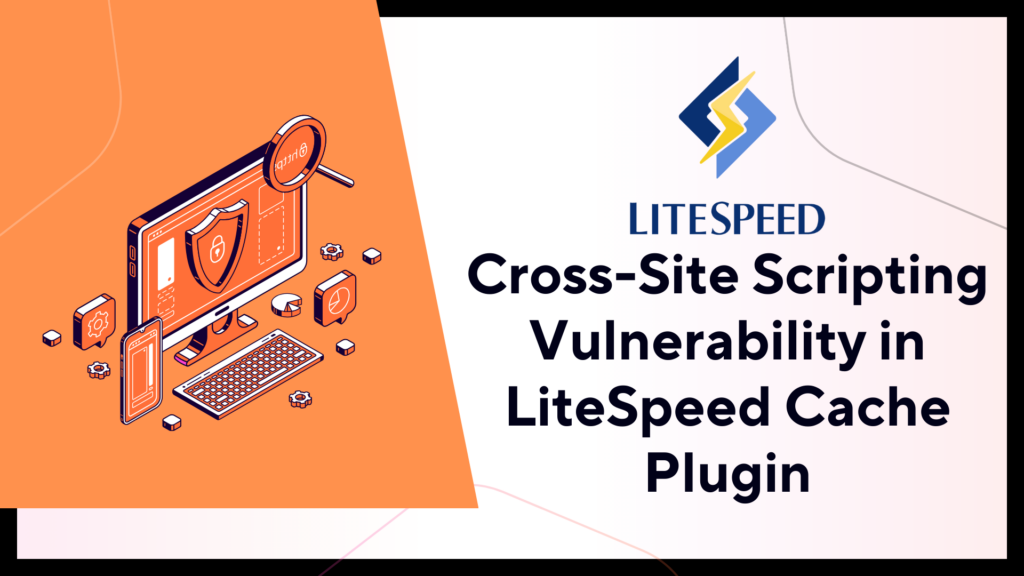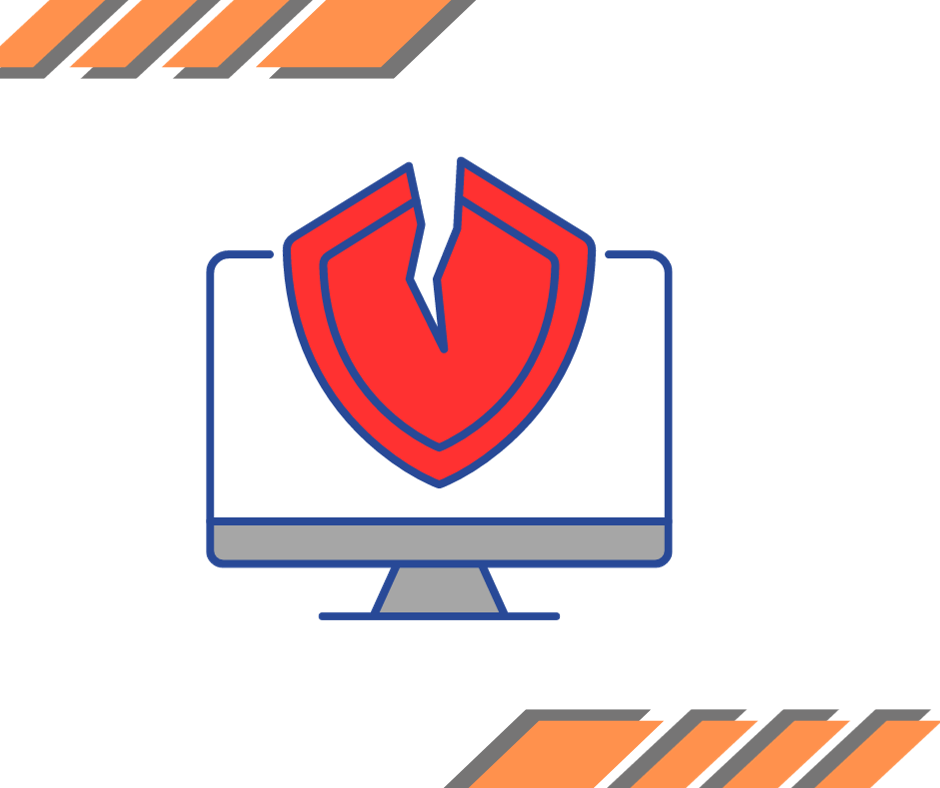
The LiteSpeed Cache plugin stands out as a site acceleration tool, equipped with server-level cache and optimization capabilities. One of its key features is the incorporation of a shortcode ([esi]) that facilitates the caching of blocks through Edge Side Includes (ESI) technology when added to a WordPress page. This, however, is contingent upon the prior activation of ESI in the plugin settings.
The stored cross-site scripting vulnerability is a serious concern for website owners and users alike, posing significant risks to the integrity and security of WordPress sites. In this article, we will delve deep into the requirements, impact, and necessary steps to mitigate this vulnerability, ensuring your site remains secure and your users’ data protected.
While the functionalities offered by LiteSpeed Cache are instrumental in boosting site performance, they are not devoid of vulnerabilities. A glaring issue lies in the insecure implementation of the plugin’s shortcode functionality, which opens the door for the injection of arbitrary web scripts into pages. A meticulous examination of the vulnerable code sheds light on the crux of the problem. The shortcode method in the ESI class fails to adequately sanitize user-supplied ‘cache’ input. Subsequently, it also falls short of escaping the ‘control’ output derived from the ‘cache’ parameter when constructing the ESI block. This deficiency is what renders the plugin susceptible to attribute-based Cross-Site Scripting (XSS) payloads via the ‘cache’ attribute.
On August 14, 2023, the Wordfence Threat Intelligence team identified and initiated the responsible disclosure process for a stored Cross-Site Scripting (XSS) vulnerability in the LiteSpeed Cache plugin. This plugin boasts over 4,000,000 active installations, making it the most popular cache plugin on WordPress. The vulnerability is of particular concern as it allows threat actors with contributor-level permissions or higher to inject malicious web scripts into pages using the plugin’s shortcode.
Customers of Wordfence Premium, Wordfence Care, and Wordfence Response, in addition to those utilizing the free version of the plugin, benefit from the protection provided by the Wordfence firewall’s built-in Cross-Site Scripting protection, safeguarding them against any exploits targeting this vulnerability.
After identifying the vulnerability, the Wordfence team reached out to the LiteSpeed Cache Team on August 14, 2023, and received a prompt response on the same day. Following the provision of full disclosure details, the developer team at LiteSpeed Technologies addressed the issue by creating a patch on August 16, 2023. This patch was subsequently released to the WordPress repository on October 10, 2023. The swift and efficient response from LiteSpeed Technologies in addressing this issue is commendable.
In light of these developments, it is crucial for users to take immediate action by updating their sites to the latest patched version of the LiteSpeed Cache plugin, version 5.7 at the time of this article, to ensure the security and integrity of their websites.
Impact of the Vulnerability
The stored cross-site scripting vulnerability in the LiteSpeed Cache plugin can have severe ramifications on WordPress sites, ranging from minor inconveniences to significant security breaches.

- Data Theft: Attackers can exploit this vulnerability to steal sensitive user data such as login credentials, personal information, and financial details.
- Website Defacement: Attackers can alter the content and appearance of the affected site, harming its reputation and user trust.
- Malware Distribution: The vulnerability can be used to distribute malware to users, compromising their devices and data.
- Loss of User Trust: A security breach can result in a loss of user trust, affecting the site’s reputation and credibility.
LiteSpeed Mitigation Steps
Now that we understand the requirements and impact of this vulnerability, let’s explore the necessary steps to mitigate its effects:

- Update the LiteSpeed Cache Plugin: The first and foremost step is to update the LiteSpeed Cache plugin to the latest version. The developers have released a patch to address the vulnerability, and updating the plugin will ensure your site is protected.
- Conduct Regular Security Audits: Regularly audit your website’s security to identify and address potential vulnerabilities. This will help you stay one step ahead of attackers and prevent future security breaches.
- Implement an SSL Certificate: An SSL certificate encrypts the data transmitted between the user’s browser and the server, preventing attackers from intercepting sensitive information.
- Regular Backups: Regularly back up your website’s data to prevent loss in case of an attack. Ensure that your backups are stored in a secure location and can be easily restored.
- User Education: Educate your users about the importance of using strong, unique passwords and being cautious while clicking on links.
Upon the identification of the stored Cross-Site Scripting (XSS) vulnerability in the LiteSpeed Cache plugin, a structured disclosure timeline was adhered to:
- August 14, 2023: The Wordfence Threat Intelligence team discovers the vulnerability.
- August 14, 2023: Initial contact is made with the plugin vendor to confirm a communication channel for the subsequent discussion.
- August 14, 2023: The vendor confirms the inbox for handling the discussion.
- August 14, 2023: Full disclosure details are shared with the vendor. Acknowledging the report, the vendor begins working on a solution.
- August 16, 2023: The vendor develops the patch and shares the GitHub commit with the Wordfence team.
- October 10, 2023: The fully patched version, 5.7, is released to the public.


